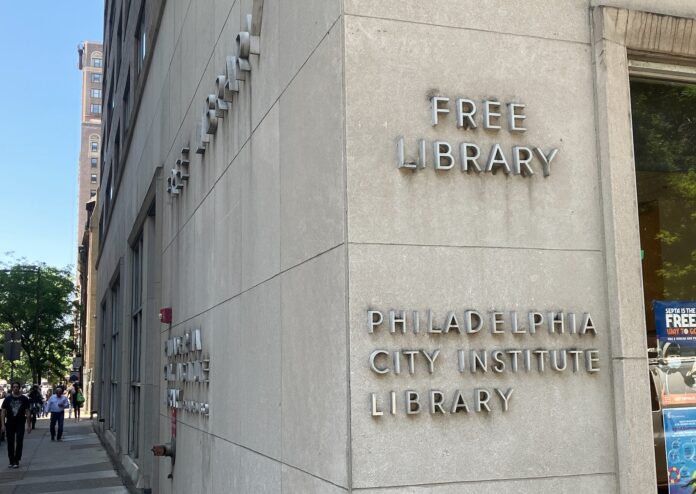In the past few years, right-wing activists such as Moms for Liberty have increased their assaults on public and school libraries across the nation. Their agenda focuses on, among other things, banning books with LGBT content, eliminating programs intended to foster diversity and inclusion, as well as restricting the civil rights of trans people, both youth and adults. Myriad bills have been introduced in state legislatures from coast-to-coast in support of that agenda.
However, right-wingers focused on banning books have been facing growing pushback, both on a grassroots and on a legislative level.
This past April, two Democratic members of Congress introduced a bill in the House and Senate that would strengthen protections for school libraries against right-wing efforts to ban books or cancel DEI programs. Called the Right to Read Act, the bill was introduced on April 26 by Senator Jack Reed (D-RI) and Rep. Raul Grijalva (D-AZ).
The bill would expand access to school libraries across the country and funding to help support their growth. The funding aspect is crucial because the threat of defunding a library is one of the biggest weapons in the conservative armory. School libraries are often among the first on the chopping block when school budgets are tight.
Another major provision of the Right to Read Act is the role of the library as a space where First Amendment rights are granted to all. The bill also brings the Fourteenth Amendment to bear, which guarantees equal protection under the law. In addition to codifying Constitutional rights as inherent in libraries, the bill would grant protections to librarians and educators who experience the burden of book bans or the threat of prosecution for doing their job. The bill specifically addresses school boards to be mindful of the Constitutional rights of students and library personnel in the performance of their mandated responsibilities.
Both House and Senate bills were referred to appropriate committees.
Along with federal legislators moving to protect libraries and the right to read, movement is also being made in some state legislatures, most promisingly in Connecticut, where is a bill is making progress.
Senate Bill 2, titled the Act Concerning the Mental, Physical, and Emotional Wellness of Children, is a wide-ranging piece of legislation covering everything from children’s mental health coverage to public libraries.
Most pertinent to the ongoing removal of books from public and school libraries, though, is the bill’s creation of sanctuary libraries across the state. The bill would allow every community within Connecticut to designate a public library as a sanctuary library, wherein books which have been banned, challenged or censored will be readily available to anyone who would like to borrow them.
The bill would open up small grants for libraries which choose to take on the distinction as sanctuary libraries, coming in at about $1,200 annually.
The bill has made its way through the committee process, and was scheduled for discussion on the Senate floor last week.
A similar bill has been recently introduced in the Illinois state legislature.
Such bills, on both the federal and state level, will not end the onslaught of book bans. However, what they do offer is opportunities for libraries to protect themselves one step at a time to ensure that the majority of people — whom polls repeatedly show as finding book bans inappropriate — will have their libraries represent them.
These bills aid in rallying political support on the local, state and federal level for protection for the right to read.
“The Right to Read Act will address disparities in access to school library resources for under resourced communities and invest critical federal funding to address student literacy in Arizona and across the country,” Grijalva said in a press release for the bill. “Under the House Republican majority, GOP politicians have sought to politicize our children’s schools and enable the voices of an extreme few dictate what children can or cannot read. The Right to Read Act is a direct response to those efforts and reaffirms that first amendment rights apply to school libraries, given the alarming trend of book banning, and protects school librarians and other educators in carrying out their duty to protect students’ right to read.”
Currently, book bans have occurred in 182 school districts and 37 states.
